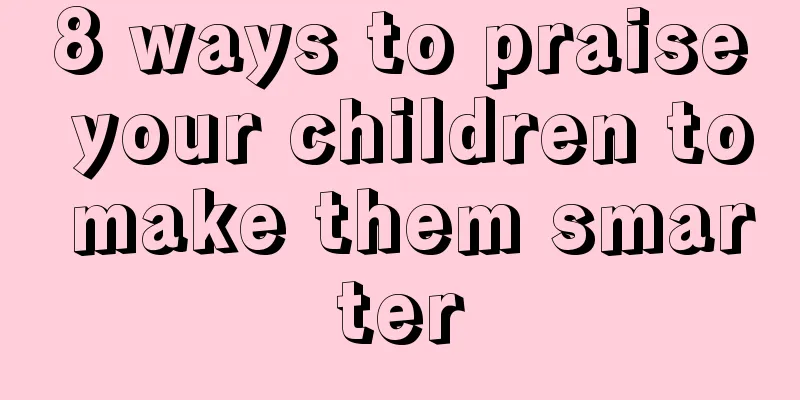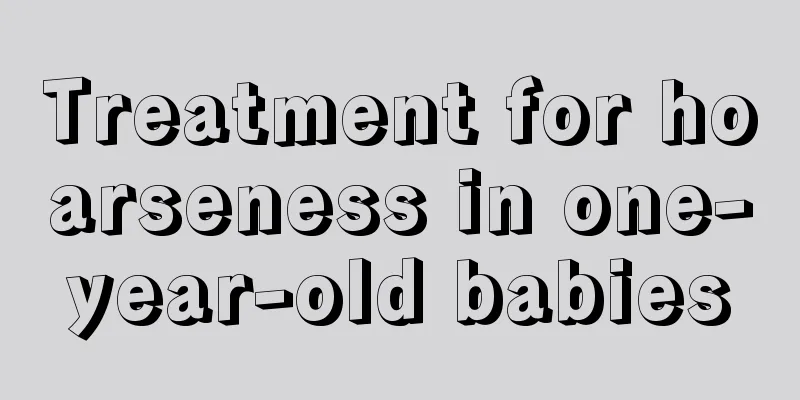8 ways to praise your children to make them smarter

|
1. More specific praise Think carefully about what message you want the praise to convey. Usually praise is to encourage more good behavior, so praise should be specific: "You have been helping your mother move things, it's hard work!" "You put on your shoes by yourself!" "You worked hard on this painting for the whole morning!" Instead of saying all the general things: "You did a good job!" "You are awesome!" 2. Emphasize praise for effort The most effective praise focuses on the process and the effort put into it, not just the results. Praising the results is not very valuable. Effective praise will encourage children to move forward. They can learn to be self-motivated instead of doing something for your affirmation. Such praise is a real encouragement to children, such as: "Wow! You built a very high house! You can stack so many stones so neatly!" 3. Start the compliment with “you” Saying this can help children look at themselves and feel proud of their achievements. For children, a sense of accomplishment and pride can motivate them to keep working hard to achieve success. 4. Emphasize the effect of praise If your child helps others, praise can focus on the effect of those things, such as "You gave the truck to Guoguo to play with. Look, he looks very happy." 5. Anticipate praise "When I call you, just come to my side. This can save me a lot of time." By saying this, the child will feel embarrassed to hear you calling him without responding. 6. Praise without adding subjective judgment “The bird you drew looks like it’s about to fly out of the paper” is better than “I like the bird you drew.” Children need to be praised to feel good about what they do, not just about their mother's praise. 7. Praise in the form of questions Sometimes, your thoughtful questions can reveal your respect for your child's likes and what he does better than any praise. The care shown by this kind of question is the greatest reward for children: "Which part of the castle was the hardest to build?" or "What is your favorite color in your painting?" 8. Reduce praise such as "good" and "awesome" Such simple praise is often a way for us adults to unconsciously treat children perfunctorily. At best, it is just a judgmental praise. This kind of judgmental praise will ignore the child’s specific abilities. If it is given too frequently, it will make the child addicted to the feeling that he is great at everything he does and he is perfect. Over time, children always rely on adults to tell them what is right or wrong, and are accustomed to pleasing adults and meeting their expectations. He will measure his own value by whether he can make others happy. In other words, judgmental praise will make children care too much about external recognition, but their inner passion for doing things is not stimulated, and they do not know how to motivate themselves. It is necessary for children to learn to be their own judges, their own cheerleaders, and their own leaders. |
<<: What to do if your baby keeps having diarrhea
>>: 7 nutrients to improve your baby's intelligence
Recommend
How to develop children's memory
Childhood is the most critical period for memory ...
How to take care of a newborn baby
Newborn babies need our care, because they cannot...
How can children grow taller?
Children's growth and development has always ...
What are the symptoms of rectal polyps in children?
Adults generally do not have problems with rectal...
The reason why babies have diarrhea after hanging water
Some babies have diarrhea after receiving intrave...
Reasons why babies spit up mucus
It is very difficult to take care of babies when ...
What is the best medicine for children's night sweats?
It is actually quite common for children to suffe...
How to treat hearing loss in children?
If a child has hearing problems, it is possible t...
How to solve the problem of baby kicking the quilt at night
The problem of babies kicking off the quilt at ni...
What should I do if my baby's lower body is red and itchy?
In the minds of many women, most people think tha...
What should I do if my child has a stuffy nose, runny nose, and cough?
Children with nasal congestion, runny nose and co...
Children's skin itches when sleeping at night
When children go to bed at night, they often have...
How many times is it normal for a newborn to wake up at night?
After a baby is born, his daily routine is basica...
Pustules on children's heads
Many children will develop pustules on their head...
How to deal with fever in baby's hands and feet
When children are young, their body's resista...









